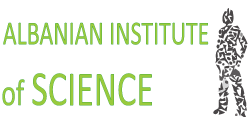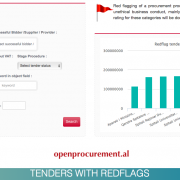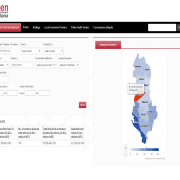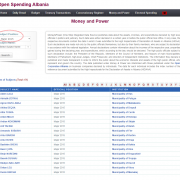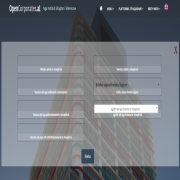Integrating the Red Flags algorithm into the risk evaluation process of the Albanian Supreme Audit Institution
The integration of a Red Flags algorithm into Albanian Supreme Audit Institution’s (ASAI’s) risk evaluation process is one of the pillars of the “Transparency in Health Engagement” project, funded by the U.S. Agency for International Development (USAID) and implemented by University Research Company, LLC (URC).
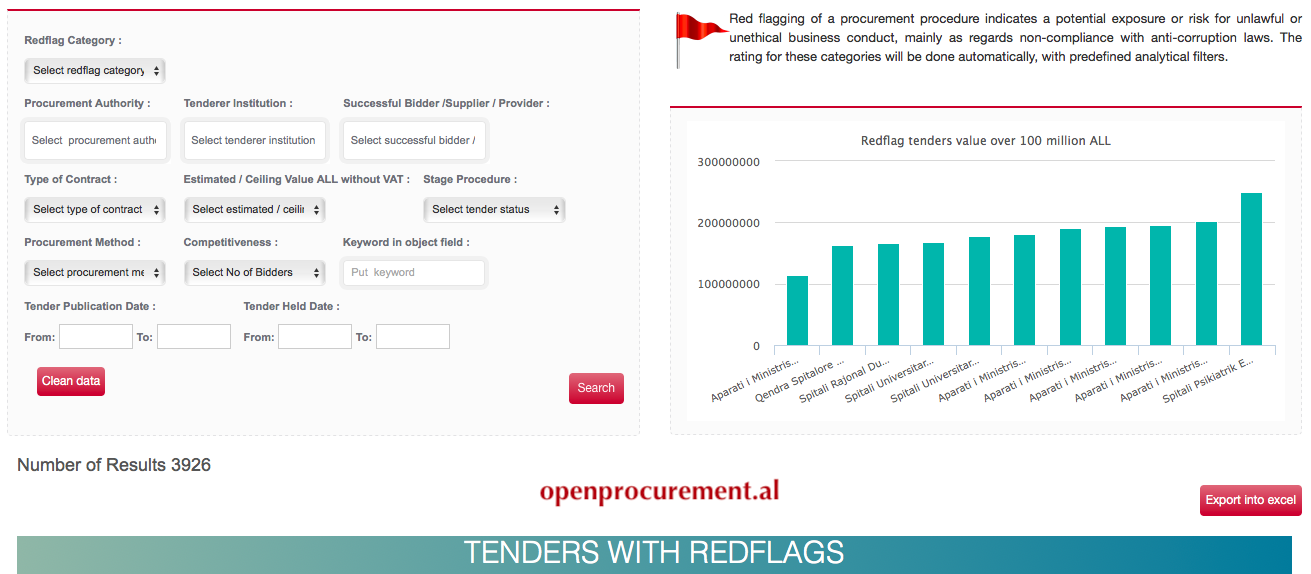
Following several meetings with ASAI staff, in order to include in the Red Flags tool all the necessary indicators that could be of service to the auditor’s work, finally this tool is online. The Red Flags algorithm is incorporated in the well-structured database containing all tender procedures in the healthcare institutions starting from January 1st 2016.
RedFlag is a methodology for quality assessment and scanning of procurement procedures. It automatically selects and marks, through algorithms, some procedures that present indexes of potential risk for illegal, unethical behaviors, higher risk of favoritism, lack of competition and potential risk for unequal competition.
The database and the RedFlags algorithm empower several civilian groups such as:
• taxpayers, which understand how their money are being spent
• patients, which evaluate and respond to contracts related to the quality of service and infrastructure in healthcare
• journalists, who prepare fact-based reports
• other actors, part of the programs for transparency and monitoring/watchdog
The RedFlag instrument is incorporated with the intent to assist public audit institutions to obtain real-time indications on tenders and contracts with higher misuse probability, clientelism or corruption.
